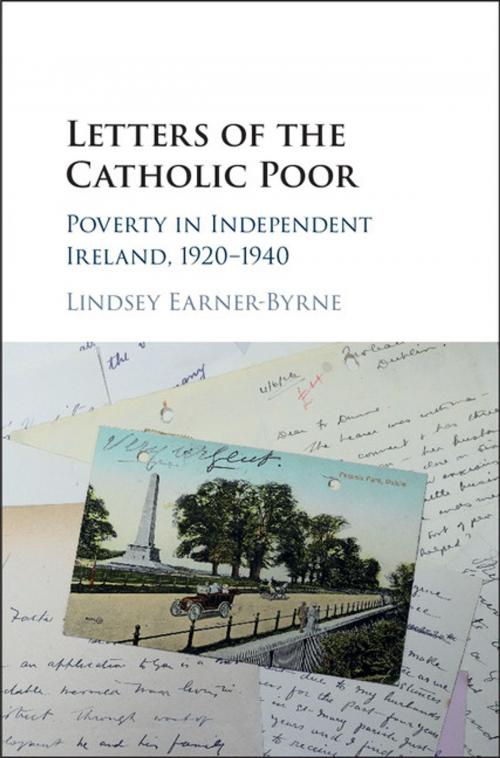Letters of the Catholic Poor
Poverty in Independent Ireland, 1920–1940
Nonfiction, History, British, Religion & Spirituality| Author: | Lindsey Earner-Byrne | ISBN: | 9781316843994 |
| Publisher: | Cambridge University Press | Publication: | January 11, 2017 |
| Imprint: | Cambridge University Press | Language: | English |
| Author: | Lindsey Earner-Byrne |
| ISBN: | 9781316843994 |
| Publisher: | Cambridge University Press |
| Publication: | January 11, 2017 |
| Imprint: | Cambridge University Press |
| Language: | English |
This innovative study of poverty in Independent Ireland between 1920 and 1940 is the first to place the poor at its core by exploring their own words and letters. Written to the Catholic Archbishop of Dublin, their correspondence represents one of the few traces in history of Irish experiences of poverty, and collectively they illuminate the lives of so many during the foundation decades of the Irish state. This book keeps the human element central, so often lost when the framework of history is policy, institutions and legislation. It explores how ideas of charity, faith, gender, character and social status were deployed in these poverty narratives and examines the impact of poverty on the lives of these writers and the survival strategies they employed. Finally, it considers the role of priests in vetting and vouching for the poor and, in so doing, perpetuating the discriminating culture of charity.
This innovative study of poverty in Independent Ireland between 1920 and 1940 is the first to place the poor at its core by exploring their own words and letters. Written to the Catholic Archbishop of Dublin, their correspondence represents one of the few traces in history of Irish experiences of poverty, and collectively they illuminate the lives of so many during the foundation decades of the Irish state. This book keeps the human element central, so often lost when the framework of history is policy, institutions and legislation. It explores how ideas of charity, faith, gender, character and social status were deployed in these poverty narratives and examines the impact of poverty on the lives of these writers and the survival strategies they employed. Finally, it considers the role of priests in vetting and vouching for the poor and, in so doing, perpetuating the discriminating culture of charity.















